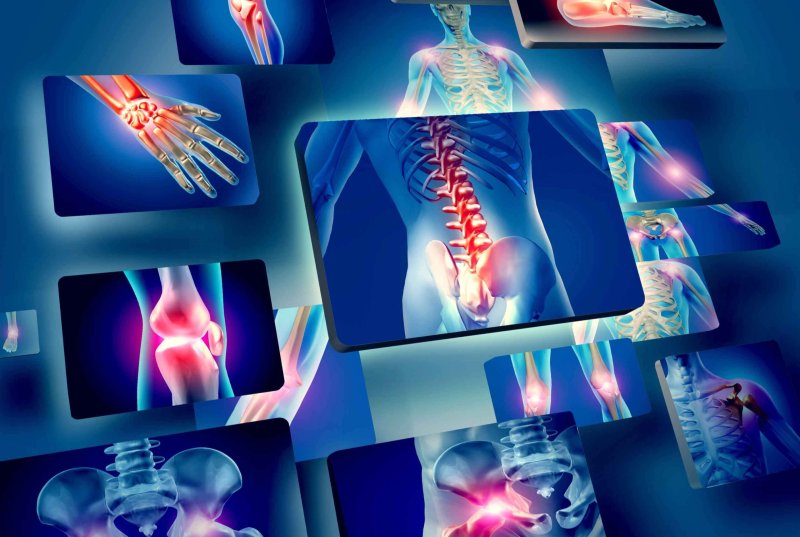[In 2006, researchers found a family in Pakistan with] mutations in a gene called SCN9A. Two other families in northern Pakistan were found to have similar mutations that made them unable to feel pain.
Now, a biotech startup wants to mimic this mutation to treat people with chronic pain. In a new paper published March 10 in Science Translational Medicine, researchers used the gene-editing technique CRISPR to successfully repress the gene and increase pain tolerance in mice… If it proves safe in people, the therapy could offer an alternative to opioids, the authors say.
…
[Researcher Ana] Moreno and her team don’t yet know how long the effects of the CRISPR therapy will last in people, but they predict it could be several months up to a few years. It lasted 44 weeks in mice with inflammatory pain and 15 weeks in those with chemotherapy-induced pain.
Over that period of time, the treated mice didn’t show signs of increased pain sensitivity or changes in normal motor function, which can happen with continuous use of opioids.
Researchers plan to test the therapy in monkeys next and hope to begin human clinical trials in a few years.































